ICSC Special Report: Interest Rate-Driven With a Twist
During the event's first day, panelists weighed in on the retail sector's investment landscape.
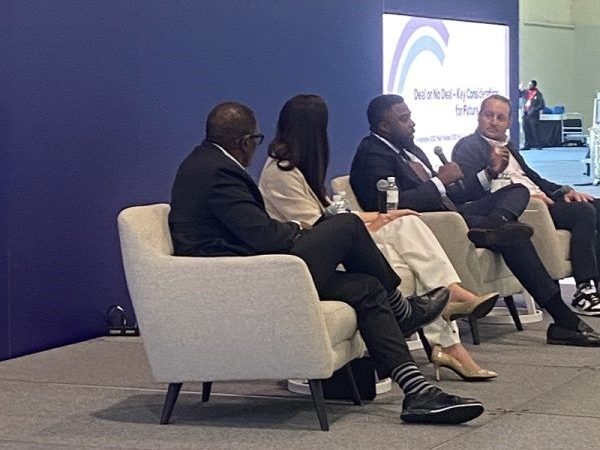
Weathering inflation and high interest rates were important themes during the first day of ICSC’s 2024 conference in Las Vegas. While recent inflation has been troubling the retail sector, there are some positives to limited, short-term price hikes.
“The positive of inflation from the investor perspective is that it does tend to increase rents,” said Karly Iacono, senior vice president with CBRE. “So if you have increasing net operating income, you have higher rents at your property.”
However, the quick pace of inflation has kept some costs rising quicker than rents can, negatively impacting property owners. “The cost of capital is going up faster than rents are going up, so you really have a situation where a lot of properties are losing value,” added Iacono.
“Interest rates are very high, there’s not a clear exit” for owners who may want to divest their properties in the current climate, mentioned Iacono, who, like many conference attendees, remains bullish on retail. “The fundamentals are phenomenal. It’s really just a limitation of the capital markets.”
READ ALSO: Why High Interest Rates Present Opportunity for Some
“Broadly, we’ve seen credit spreads come in for most property types of late, which should help offset some of those interest rate increases,” said Vince Tibone, managing director & head of U.S. industrial and mall research at Green Street.
“Everything is interest rate-driven, right now,” added Iacono. “When your debt is not accretive to purchase, you’re then relying on an all-cash buyer or relying on seller financing, so it’s a very difficult time to get deals done that don’t pencil in a positive cash flow manner.”
Consumer focus
Inflation’s impact on retail is about the effect it has on shoppers as much as its influence over various aspects of financing.
“It’s all about the consumer,” Tibone pointed out. “I think inflation is really pressuring the sales of certain retailers.” Even so, high-end retails in particular are doing very well. “Sure, we’re seeing some pullback from luxury sales, but that’s inevitable” given the spike in luxury spending during the COVID-19 pandemic.
One of the biggest impacts inflation has had on retail is how much money prospective shoppers have to spend, added Bryant “Bo” Okoroji, founder & managing partner at Steerpoint Capital. “As a mall owner, inflation is hitting the pockets of our consumer, our shopper.” Tenant health and how retail renters are being impacted by inflation is also of concern, Okoroji continued.
READ ALSO: Street Retail Surges Toward Full Recovery
“We’re seeing a lot of activity still with the discount stores,” observed Iacono, which she notes is part of a general trend of consumers trading down. “You can have Dollar General, Family Dollar, Dollar Tree still opening upward of 1,000 stores a year, which is wild when you think about their market penetration already.”
Investing in mall space
While consumers trade downward, mall spaces have become reliable investments. “The enclosed mall space is probably one of the finest opportunities in our space currently,” reasoned Okoroji. “If you really look at the risk profile of these assets and where they’re trading at, you’ll realize that you’re buying assets that have 100 to 150 tenants, but 70 to 80 percent of these occupants are publicly traded and you understand what they’re borrowing capital at.”
Tibone agreed. “High-quality malls is one of the most attractive investments in all of commercial real estate.”
Lenders may also agree, if Okoroji’s experience is any indication. “We focus on high-yield assets,” Okoroji said. “We’re starting to see lenders come into our space that were all previously in alternative asset classes, office and whatnot, and now are looking at retail as a place to place their capital.”


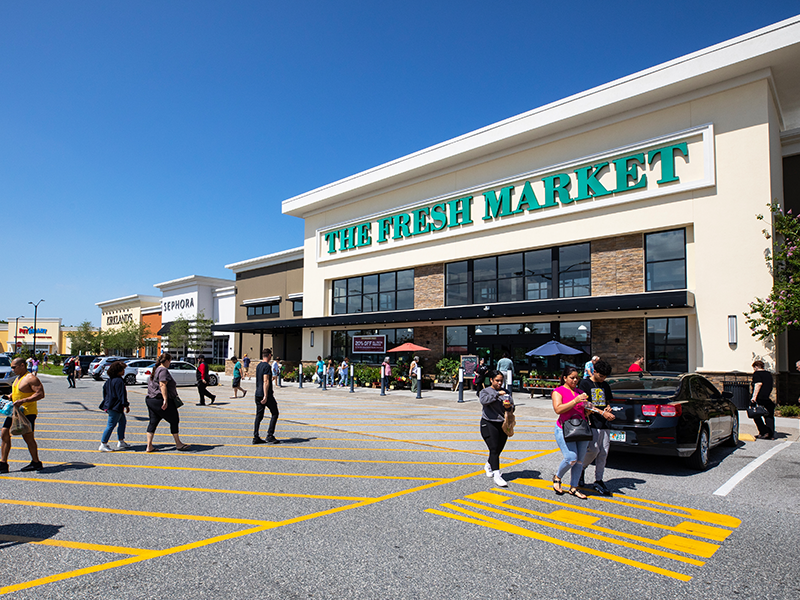
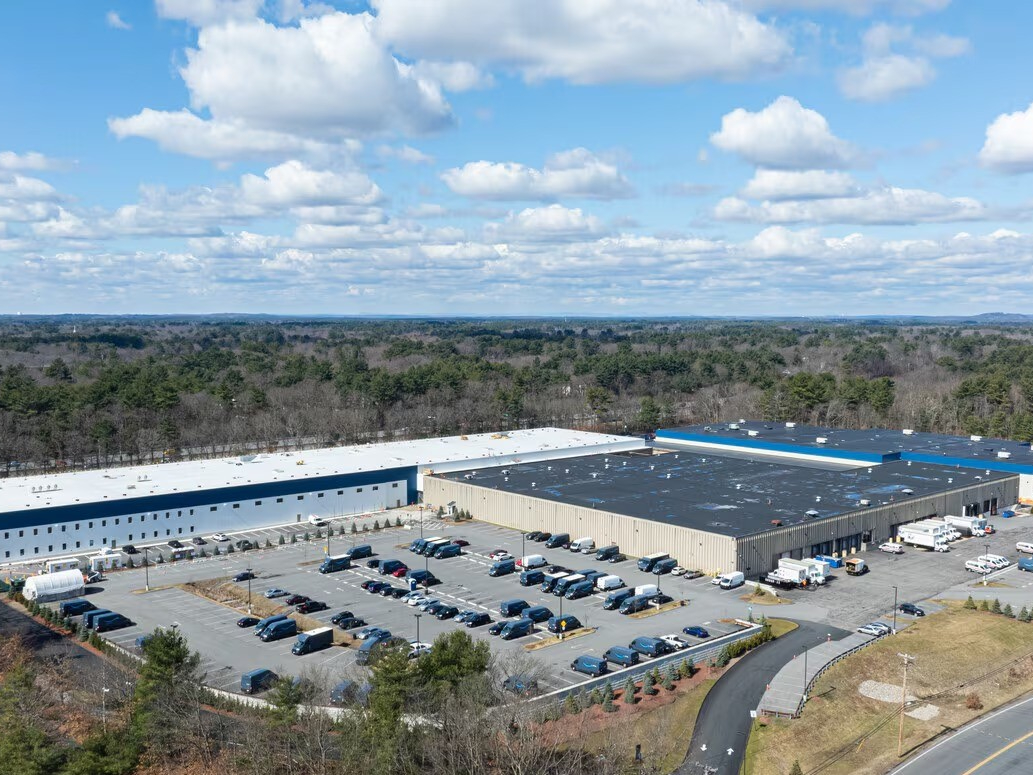
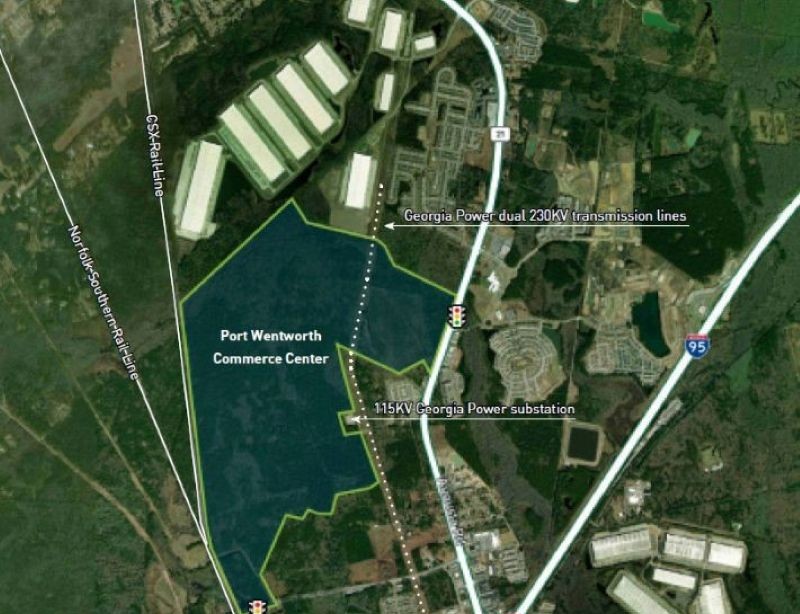
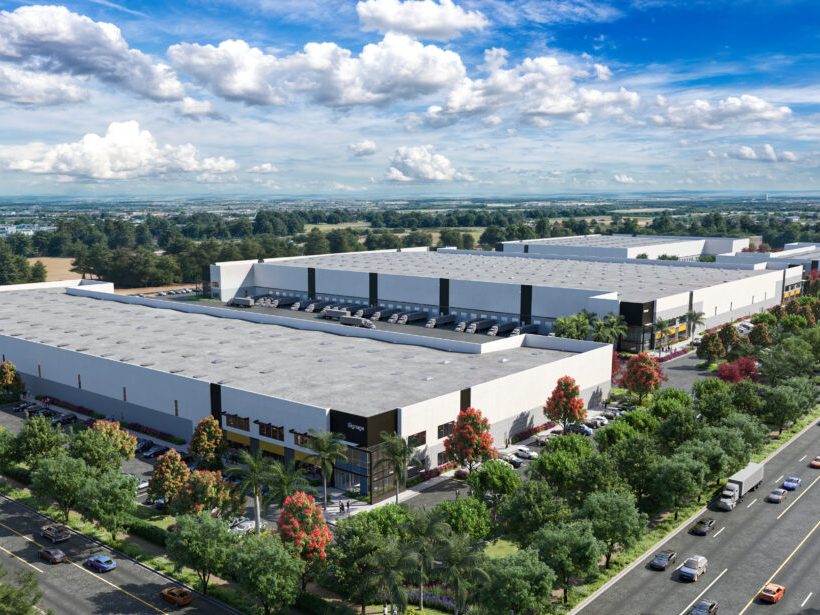
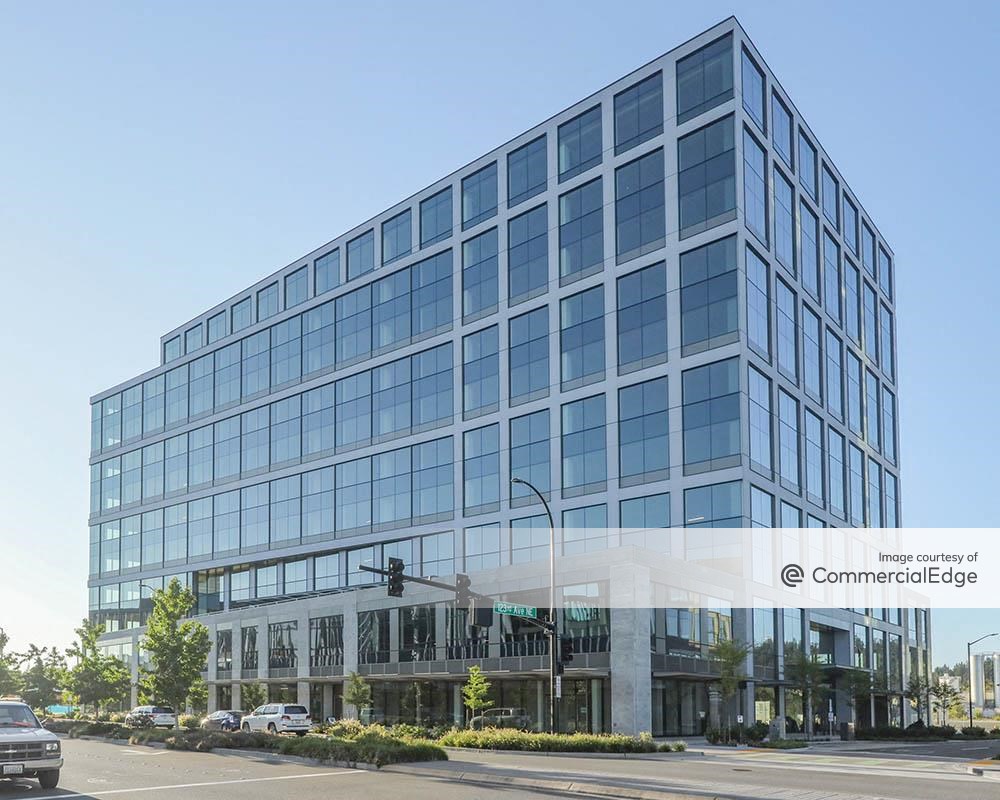
You must be logged in to post a comment.